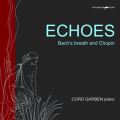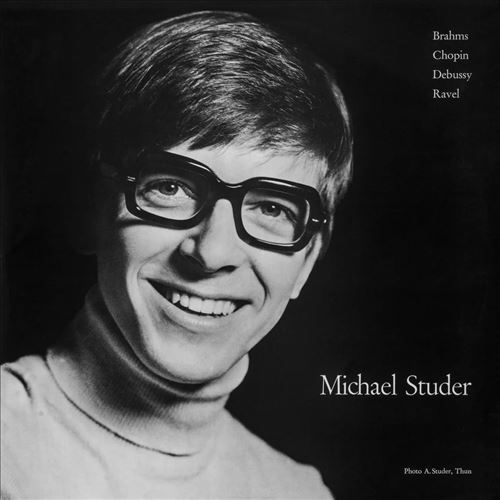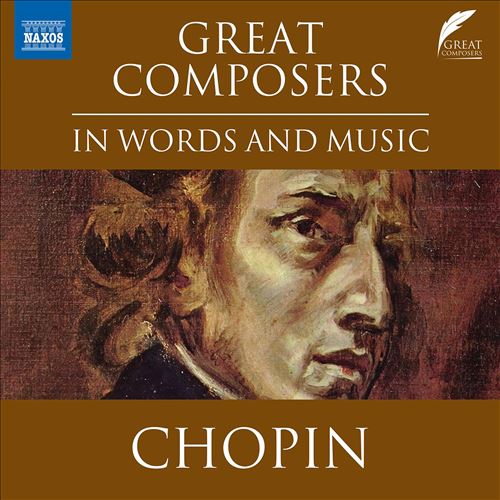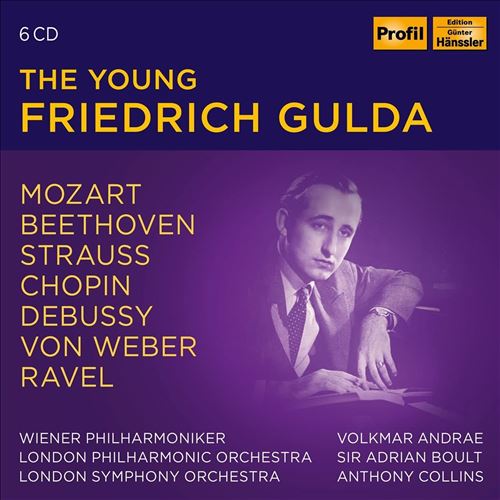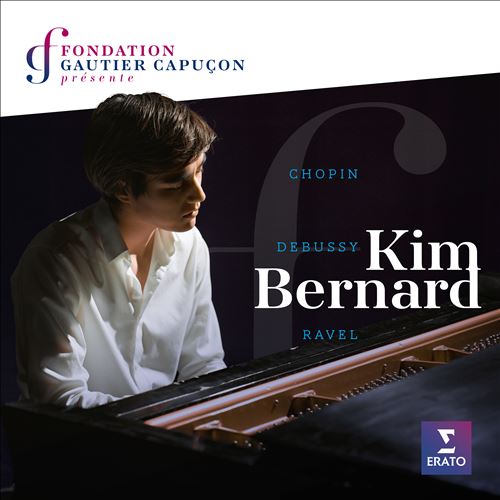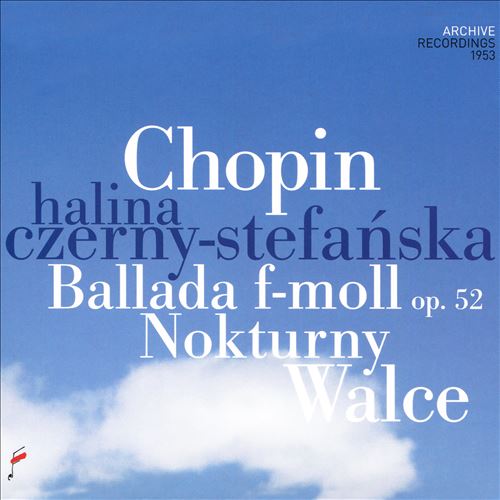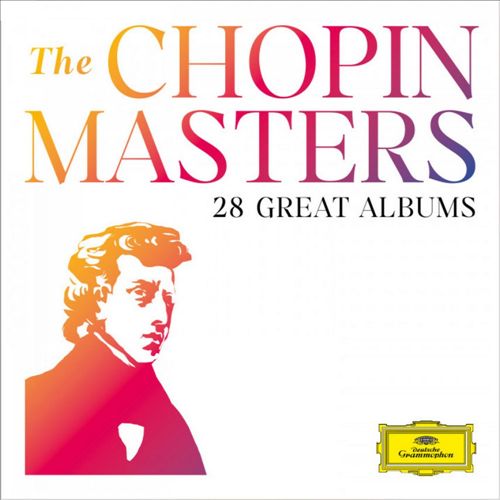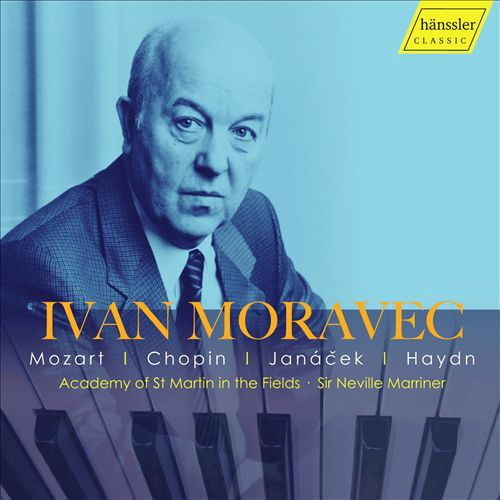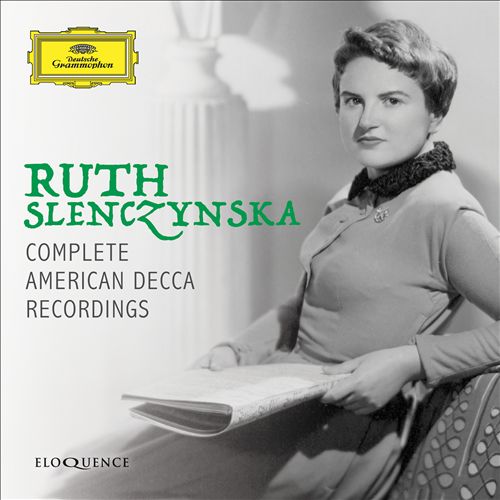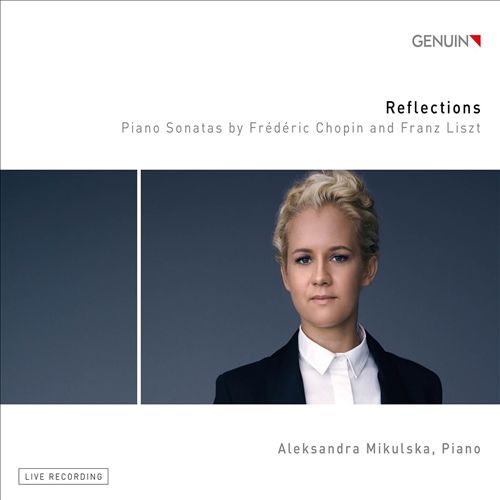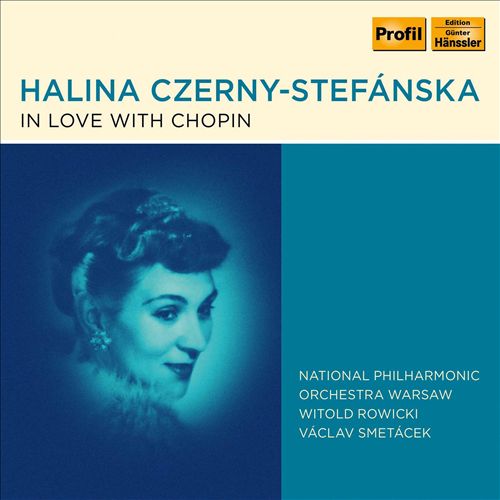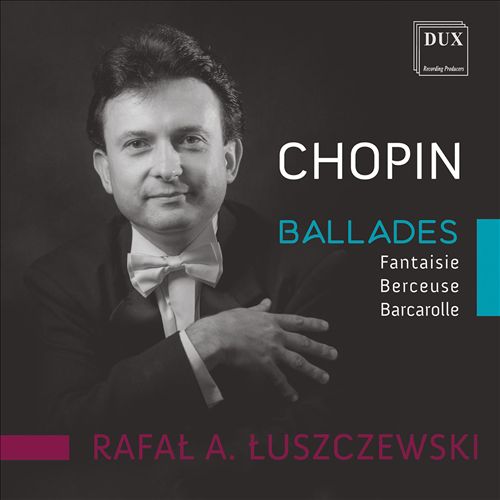Frédéric Chopin (프레데릭 쇼팽)
Ballade for piano No. 4 in F minor, Op. 52
100
10,000
1,400
WORK INFO
작곡가: Frédéric Chopin (프레데릭 쇼팽)작곡년도: 1842 - 1843출판년도: 1843평균연주: 11:21Frédéric Chopin's four ballades are one-movement pieces for solo piano, composed between 1831 and 1842. They are some of the most challenging pieces in the standard piano repertoire. The term ballade was associated with an old French verse-form used for grand and rhetorical subjects, but may also have connotations of the medieval heroic ballad, which was sung and danced. There are dramatic and dance-like elements in Chopin's use of the genre, and he may be said to be a pioneer of the ballade as an abstract musical form. The four ballades are said to have been inspired by poet Adam Mickiewicz. The exact inspiration for each individual ballade, however, is unclear and disputed. The ballades are considered an innovation of Chopin's and cannot be placed into another form (e.g. sonata). Though they do not conform exactly to sonata form, the "ballade form" created by Chopin for his four ballades is a distinct variant of sonata form with specific discrepancies, such as the mirror reprise (presenting the two expositional themes in reverse order during the recapitulation). The ballades have directly influenced composers such as Franz Liszt and Johannes Brahms who, after Chopin, wrote ballades of their own. Besides sharing the title, the four ballades are entities distinct from each other. According to composer and music critic Louis Ehlert, "Each [ballade] differs entirely from the others, and they have but one thing in common – their romantic working out and the nobility of their motifs." Modern theorists have shown, however, that the ballades do have much in common, such as the "ballade meter" (6/4 or 6/8) and certain formal practices like the mirror reprise and delaying the structural dominant. The four ballades are among the most enduring of Chopin's compositions and are frequently heard in concerts. They have been recorded many times.
Ballade No. 1 in G minor, Op. 23, composed in 1831 during the composer's early years in Vienna, was a reflection about his loneliness in the city far away from his home in Poland, where a war was happening against the Russian Empire's oppression. Once finished, it wasn't published until his move to Paris, where he dedicated it to Baron Nathaniel von Stockhausen, the Hanoverian ambassador to France. Robert Schumann commented that, "I received a new Ballade from Chopin. It seems to be a work closest to his genius (although not the most ingenious) and I told him that I like it best of all his compositions. After quite a lengthy silence he replied with emphasis, 'I am happy to hear this since I too like it most and hold it dearest.'"From WIKIPEDIA
RELEASED ALBUMS
-
Chopin: Piano Works [Erato, 2025]July 11, 2025
-
Sergio Fiorentino: The LegacyApril 18, 2025
-
Frédéric Chopin: Chanter avec les doigtsApril 4, 2025
-
The Awards Collection: Murray Perahia plays Beethoven, Brahms, ChopinFebruary 21, 2025
-
Echoes: Bach's Breath and ChopinJanuary 31, 2025
-
Frédéric Chopin gespielt von Pavel GililovJanuary 10, 2025
-
The Ambassador Auditorium Recitals: Pasadena, California, 1981-1989November 15, 2024
-
Brahms, Chopin, Debussy, RavelApril 5, 2024
-
Ingrid Fliter Plays Chopin & BeethovenFebruary 16, 2024
-
ChopinNovember 10, 2023
-
Chopin: Ballades 1-4; Prélude Op. 45; Sonate Op. 35October 20, 2023
-
Fryderyk Chopin: Ballades Nos. 2 & 4; Scherzo No. 4; Mazurkas & WaltzesJune 2, 2023
-
Great Composers in Words & Music: ChopinOctober 28, 2022
-
The Young Friedrich GuldaSeptember 2, 2022
-
Chopin, Debussy, RavelJune 17, 2022
-
Jean-Marc Luisada plays ChopinJanuary 21, 2022
-
Chopin: Ballada f-moll, Op. 52; Nokturny; WalceDecember 10, 2021
-
The Chopin Masters: 28 Great AlbumsSeptember 24, 2021
-
Chopin the EnchanterAugust 13, 2021
-
ChopinAugust 6, 2021
-
Lights & ShadowsJuly 2, 2021
-
Chopin: 4 Ballades; 4 ImpromptusFebruary 12, 2021
-
Ivan Moravec: Mozart, Chopin, Janácek, HaydnFebruary 5, 2021
-
Ruth Slenczynska: Complete American Decca RecordingsNovember 13, 2020
-
Reflections: Piano Sonatas By Frédéric Chopin and Franz LisztJuly 3, 2020
-
Vytautas Smetona plays Brahms, Chopin & SmetonaMay 22, 2020
-
In Love with ChopinMay 15, 2020
-
Debut: Works by Schumann, Chopin and LisztMarch 20, 2020
-
Chopin: Ballads - Fantaisie, Berceuse, BarcarolleMarch 6, 2020
-
Storyteller: Chopin, Liszt, ScriabinDecember 6, 2019
FEATURED MOVIES
-
 11:13쇼팽: 발라드 4번 F단조 Op. 52
11:13쇼팽: 발라드 4번 F단조 Op. 52 -
 10:24쇼팽: 발라드 4번 F단조 Op. 52
10:24쇼팽: 발라드 4번 F단조 Op. 52 -
 10:57쇼팽: 발라드 4번 F단조 Op. 521984.5.9
10:57쇼팽: 발라드 4번 F단조 Op. 521984.5.9
ALBUM MUSIC
WORKS SHOUTS






